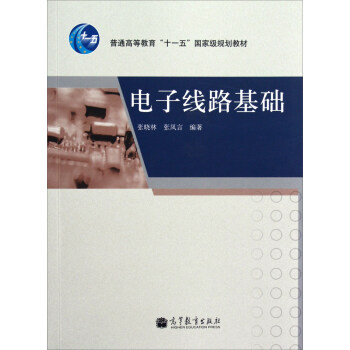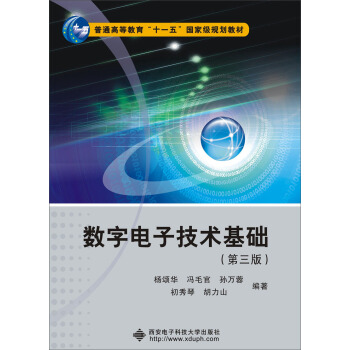![现代大学英语(精读6 第2版 附光盘) [Contemporary College English]](https://pic.windowsfront.com/12119956/58d1419eN005d8601.jpg)

具体描述
内容简介
“现代大学英语”系列教材由北京外国语大学英语学院的众多知名专家精心编写,融合了当代语言教学的研究成果和编者多年的教学经验,供高等院校英语专业本科学生使用。教材自出版以来广受好评,并先后被列入“十五”、“十一五”、“十二五”国家级规划教材。为服务于高校英语专业本科教学,在广泛收集读者反馈的基础上,我们对本系列教材进行了修订。《现代大学英语精读》(第二版)由1-6册组成,具有以下特点:1.紧扣《高等学校英语专业英语教学大纲》,各册间坡度设计合理,着重训练学生的语言基本功;语法和词汇的巩固训练更具系统性。
2.吸纳了国外新的语言材料,体裁、题材丰富,内容新颖,涉及独立思考、批判思维、人际关系、种族歧视、人与自然、生活方式、价值观念等各个方面。
3.在课堂活动设计上注重发挥学生的主动性与积极性,注重培养学生的自主学习能力;在编写手法上注意纵向连贯和横向配合,循序渐进。
4.注重培养学生使用语言进行思想交流的能力,注重帮助学生结合语言学习文化、提高自身人文修养,体现了英语专业教材的特色。
目录
Unit1 Paper Tigers
2 A Rose for Emily
3 What Is News?
4 Nettles
5 At War with the Planet
6 The Museum
7 How to Get the Poor off Our Conscience
8 Housewifely Arts
9 The One Against the Many
10 Thoughts on Reclaiming the American Dream
11 Beauty
12 Notes on the English Character
Recommended Reading
1 Commencement Address at Harvard University
2 The Death of a Pig
3 Don't Eat Fortune's Cookie
4 The Accidental Universe
5 The Hot Gates
精彩书摘
《现代大学英语(精读6 第2版)》:Earlier this year, the publication of Amy Chua's Battle Hymn of the Tiger Mother incited a collective airing out of many varieties of race-based hysteria. But absent from the millions of words written in response to the book was any serious consideration of whether Asian Americans were in fact taking over this country. If it is true that they are collectively dominating in elite high schools and universities, is it also true that Asian Americans are dominating in the real world? My strong suspiaon was that this was not so, and that the reasons would not be hard to find. If we are a collective juggernaut that inspires such awe and fear, why does it seem that so many Asians are so readily perceived to be, as I myself have felt, the products of a timid culture, easily pushed around by more assertiye people, and thus basically invisible?
A few months ago, I received an e-mail from a young man named Jefferson Mao, who after attending Stuyvesant High School had recently graduated from the University of Chicago. He wanted my advice about "being an Asian writer." This is how he described himself: "I got good grades and I love literature and I want to be a writer and an intellectual; at the same time, I'm
the first person in my family to go to college, my parents don't speak English very well, and we don't own the apartment in Flushing that we live in. I mean, I'm proud of my parents and my neighborhood and what I perceive to be my artistic potential or whatever, but sometimes I feel like I'm jumping the gun a generation or two too early."
One bright, cold Sunday afternoon, I ride the 7 train to its last stop in Flushing, where the storefront signs are all written in Chinese and the sidewalks are a slow-moving river of impassive faces. Mao is waiting for me at the entrance of the Main Street subway station, and together we walk to a nearby Vietnamese restaurant.
Mao has a round face, with eyes behind rectangular wire-frame glasses. Since graduating, he has been living with his parents, who emigrated from China when Mao was eight years old. His mother is a manicurist; his father is a physical therapist's aide. Lately, Mao has been making the familiar hour- and-a-half ride from Flushing to downtown Manhattan to tutor a white Stuyvesant freshman.
Entrance to Stuyvesant, one of the most competitive public high schools in the country, is determined solely by performance on a test: the top 3.7 percent of all New York City students who take the Specialized High Schools Admissions Test hoping to go to Stuvvesant are accepted. There are no set- asides for the underprivileged or, conversely, for alumni or other privileged groups. There is no formula to encourage "diversity" or any nebulous concept of "well-roundedness" or "character." Here we have something like pure meritocracy. This is what it looks like: Asian Americans, who make up 12.6 percent of New York City, make up 72 percent of the high school.
This year, 569 Asian Americans scored high enough to earn a slot at Stuyvesant, along with 179 whites, 13 Hispanics, and 12 blacks. Such dramatic overrepresentation, and what it may be read to imply about the intelligence of different groups of New Yorkers, has a way of making people uneasy. But intrinsic intelligence, of course, is precisely what Asians don't believe in. They believe-and have proved-that the constant practice of test taking will improve the scores of whoever commits to it. All throughout Flushing, as well as in Bayside, one can find "cram schools," or storefront academies, that drill students in test preparation after school, on weekends, and during summer break. "Learning math is not about learning math," an instructor at one called Ivy Prep was quoted in The New York Times as saying, "It's about weightlifting. You are pumping the iron of math." Mao puts it more specifically: "You learn quite simply to nail any standardized test you take."
……
前言/序言
“现代大学英语”精读教材,自2000年年初陆续出版以来,不知不觉到了该修订的时候。再不修订,作为编者,我们于心难安。基于此,我们计划陆续推出1-6册的第二版。但是由于第一版一、二册的原编者当中有相当一部分人目前其他任务十分繁重,实在分身乏术,因此只好委托杨立民、徐克容两位(原主编陆培敏也参与了第二版的酝酿和讨论)具体负责前两册的再版工作。根据使用者的反馈,这次修订我们不打算推倒重来。原来的总体结构和编写原则大致不变,保留大部分原有选篇,以保证教材的相对稳定,便于经验的积累。但是我们希望工作做得再细一些,更加合理一些,以更好地体现我们的各项编写原则。
具体说来,我们改动的地方大致有以下几个方面:
1.根据使用的情况,我们发现有的课文不够理想,决定予以替换。还有的课文,因为时过境迁,也更换成了更近一些的篇章。但替换的课文不超过总量的30%。
2.第一版课文的前后次序也不尽合理,难易梯度不够自然,因此也做了较大的调整。
3.考虑到中学大纲对词汇量的要求已经达到5,000左右,原来我们设定的词汇量为2,000左右的起点需要适当提高。原来有意在第一学年放慢进度,集中精力盘活中学所学,第二版不再做此强调。
4.由于以上原因,牵一发动全身,必须重新编写练习和其他相关部分。这方面修改的部分可能超过了一半。
5.首先练习部分总量大大压缩,词汇和语法练习尽量控制在10个之内。我们希望这样能一方面突出重点,另一方面有效减轻学生负担,使学生学得更加轻松自如。
6.第二版教材将明显强调课前预习。要求学生尽量自主解决难点,理解课文;而且自主发现、整理、归纳本课语言要点。尤其重要的是,他们必须开动脑筋,学会思考,对课文内容、观点、意图、主题等提出尽量多、尽量深刻的问题,培养批判性思维能力。第二版中练习的另一个特点是更加强调口语实践,尤其是围绕课文内容的各种口语活动,形式更加多样,要求也更有挑战性。练习的第三个特点是设计中尽可能取得综合性的效果。
7.1-4册每册十六单元。其中十四个单元以课文为中心,每周一单元,剩余两单元为阶段性复习。其目的:一是通过练习和复习巩固已学的部分;二是通过测试让学生进行自我评估;三是留下余地,使教师可以根据情况做一些必要的填平补齐的工作。每册最后一单元都是较长的剧本,可以留作机动。5-6册另有安排,详见补充说明。
8.第二版教材前四册后面都附有本册书中出现的常用动词、常用动词短语(或短语动词)、常用介词短语及其他惯用语、常用的动词用法类型、常用动宾词组等。希望学生重视,能很好利用。
以上是我们这次修订所做的改动。如前所说,第一版的一些基本方面我们仍然坚持,其中最重要的一点是关于基本功的理念,因为我们认为在本科教学阶段,它应该是重点中的重点。教师不能也不必试图把一切都教给学生,关键是打好基本功。精读课的名称可以商量,但我们必须坚守基本功的最后阵地,切不可对基本功的标准设定过低,对学生基本功的现状估计过于乐观,或是不顾条件,无视生源、师资和培养目标的不同,盲目贪多图快。
我们为什么始终坚持精读课的重要性呢?有时学生也会问:为什么好好一篇文章要切割分解,并在上面花那么多时间?对此我们的回答是:有些文章内容是如此重要,语言是如此含蓄,思想是如此深刻,结构是如此严谨,如不反复阅读,细细揣摩,就很难真正读懂、读通。实际上,人并不是生来就会读书。不少人一辈子都没有读书的兴趣和习惯,也不懂读书的方法,因此需要专门的训练。精读课之所以重要,还因为我们把它当作基础阶段进行基本功训练的主要平台。这不仅指的是语音、语法和词汇的教学以及听说读写译技能的培养,而且还包括知识面的扩大和分析批判能力的提高。此外,这门课也是指导学习方法,培养人文素质的理想平台。
用户评价
这本书的学习体系设计得非常全面和科学。除了精读课文之外,它还提供了丰富的配套练习,这些练习的类型多种多样,包括词汇填空、句子改写、阅读理解、写作任务等等,几乎涵盖了语言学习的各个方面。我特别喜欢其中的写作部分,它会提供一些引导性的题目,鼓励我们进行创作,这对我提升英语写作能力非常有帮助。而且,每一课的练习都与课文内容紧密结合,让我能够巩固所学到的词汇和语法。光盘的资源更是锦上添花,里面的音频材料发音标准,语速适中,非常适合用来练习听力。我经常会在课后听一遍课文朗读,然后尝试着跟读,这对我改善发音和语感起到了显著作用。这种“听、读、写”全方位的训练模式,让我觉得学习效果非常扎实,能够真正地提升我的英语综合运用能力。
评分在使用这本书的过程中,我明显感受到了自身英语能力的提升。一开始,我对一些长难句和复杂的词汇感到有些吃力,但通过反复研读课文和完成配套练习,我逐渐掌握了理解和运用这些语言点的方法。尤其是那些在课文注释中出现的地道表达和文化背景介绍,让我对英语有了更深层次的理解,不再是死记硬背单词和语法。我发现自己现在阅读英文文章的速度明显加快了,而且能够更准确地把握文章的主旨和细节。同时,在写作方面,我也能运用更多样化的句式和词汇,表达也更加流畅和地道。这种实实在在的进步,让我对学习英语充满了信心。这本书就像一位循循善诱的良师益友,在我学习的道路上给予我宝贵的指导和启发。
评分总的来说,这本书的价值远超其本身的定价。它不仅为我提供了一个扎实的英语学习平台,更重要的是,它激发了我对英语学习的浓厚兴趣。书中蕴含的知识广度和深度,以及其科学的学习方法,都让我受益匪浅。我能够感受到编者在内容选择和编排上的用心良苦,力求为大学生提供一套真正实用且高效的英语教材。我非常推荐这本书给所有希望提升英语水平的大学生,相信你们也会和我一样,在这本书的陪伴下,开启一段精彩的英语学习之旅。它不仅仅是大学英语课程的教材,更是一本值得反复品读,从中汲取养分的宝贵读物,能够陪伴我度过一段充实的学习时光。
评分这本书的封面设计真是简洁大气,让我第一眼就爱上了它。那种深邃的蓝色背景,搭配上干净利落的白色字体,仿佛蕴含着知识的海洋,又透露着现代气息。拿到手里,纸张的质感也相当不错,摸起来细腻光滑,印刷清晰,色彩饱满,即使长时间翻阅也不会觉得刺眼。内页的排版也十分考究,留白恰到好处,文字大小适中,读起来非常舒适,一点也不会感到压抑。光盘的包装也很用心,牢固地固定在书本里,不容易遗失。总而言之,从外观到触感,这本书都给了我一种高品质的感觉,让我对接下来的阅读充满了期待。它不仅仅是一本书,更像是一件精心打磨的艺术品,摆在书架上本身就是一种享受。我尤其喜欢它在细节上的追求,比如封面上的纹理,还有书脊的装订方式,都体现了出版方对这本书的重视。这种用心的设计,往往预示着内容的精彩,让我迫不及待地想深入其中,探索它所蕴含的知识宝藏。
评分我刚开始接触这本书的时候,就被它的编排方式深深吸引了。每一课都围绕着一个精心挑选的主题展开,主题的选择非常贴近当代大学生的生活和兴趣,既有学术性,又不乏趣味性。文章的选材也很广泛,涵盖了文化、科技、社会、经济等多个领域,这对于拓宽我的视野非常有帮助。更重要的是,文章的语言风格多样,有议论性的、叙述性的、说明性的,让我能够接触到不同语体的英语表达。文章的长度也适中,不会过于冗长,使得阅读过程不会感到疲惫。每篇文章的后面都配有详细的词汇和习语讲解,这些解释既精准又易于理解,而且很多都提供了例句,让我能够更好地掌握词汇的用法。这些讲解不仅仅是简单的字典式解释,更像是老师的悉心指导,让我能够真正地理解和运用这些语言点。这种循序渐进的学习方式,让我觉得学英语不再是一件枯燥的任务,而是一种充满乐趣的探索过程。
相关图书
本站所有内容均为互联网搜索引擎提供的公开搜索信息,本站不存储任何数据与内容,任何内容与数据均与本站无关,如有需要请联系相关搜索引擎包括但不限于百度,google,bing,sogou 等,本站所有链接都为正版商品购买链接。
© 2026 windowsfront.com All Rights Reserved. 静流书站 版权所有

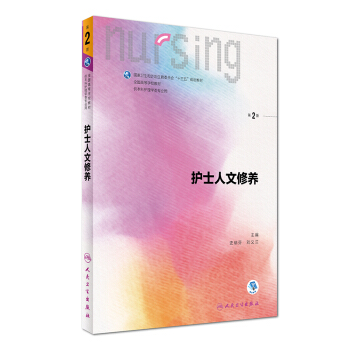
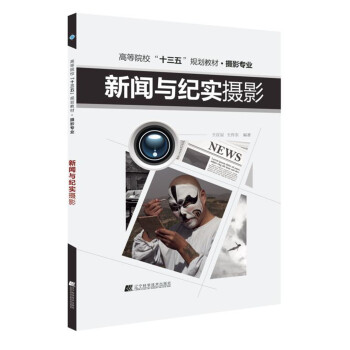
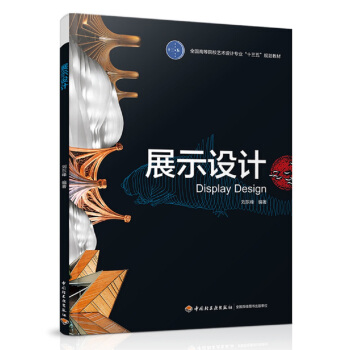

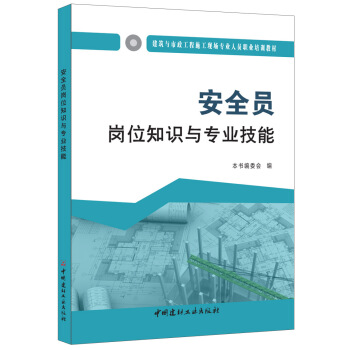
![英汉翻译技巧(第2版)/全国高等院校“十三五”规划翻译系列教材 [A Coursebook for English-Chinese Translation Skills(Second Edition)] pdf epub mobi 电子书 下载](https://pic.windowsfront.com/12193763/59df2e75N9865dd8a.jpg)
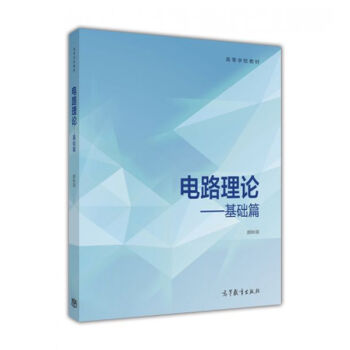
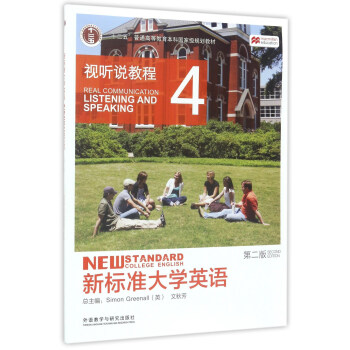
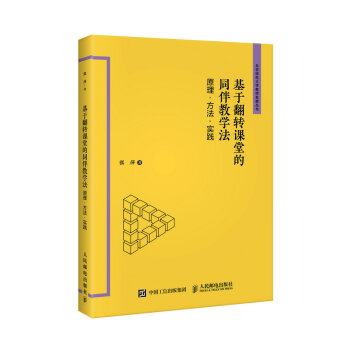
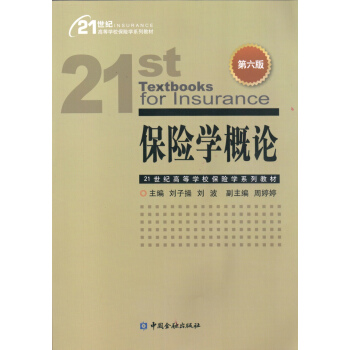
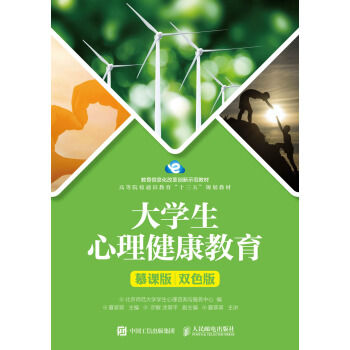
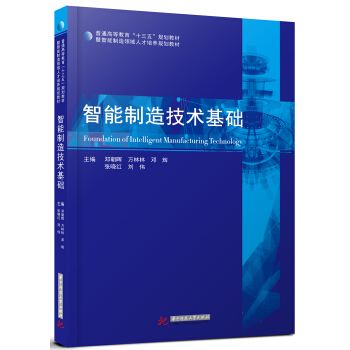
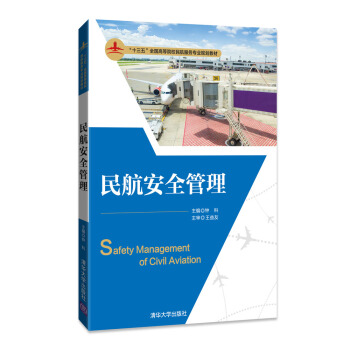
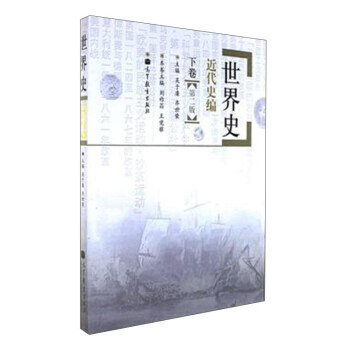
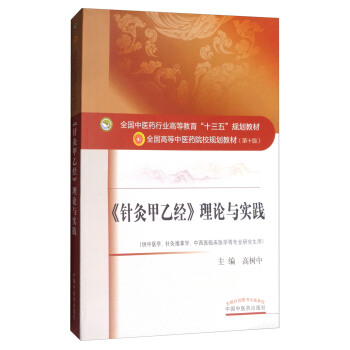

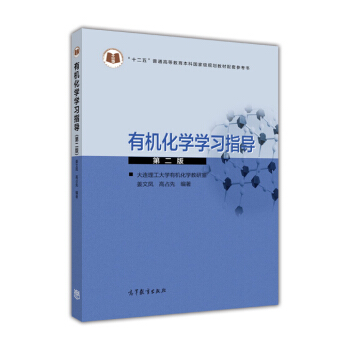
![应用随机过程 [Applied Stochastic Processes] pdf epub mobi 电子书 下载](https://pic.windowsfront.com/12266413/5a55d514N35af65c8.jpg)
